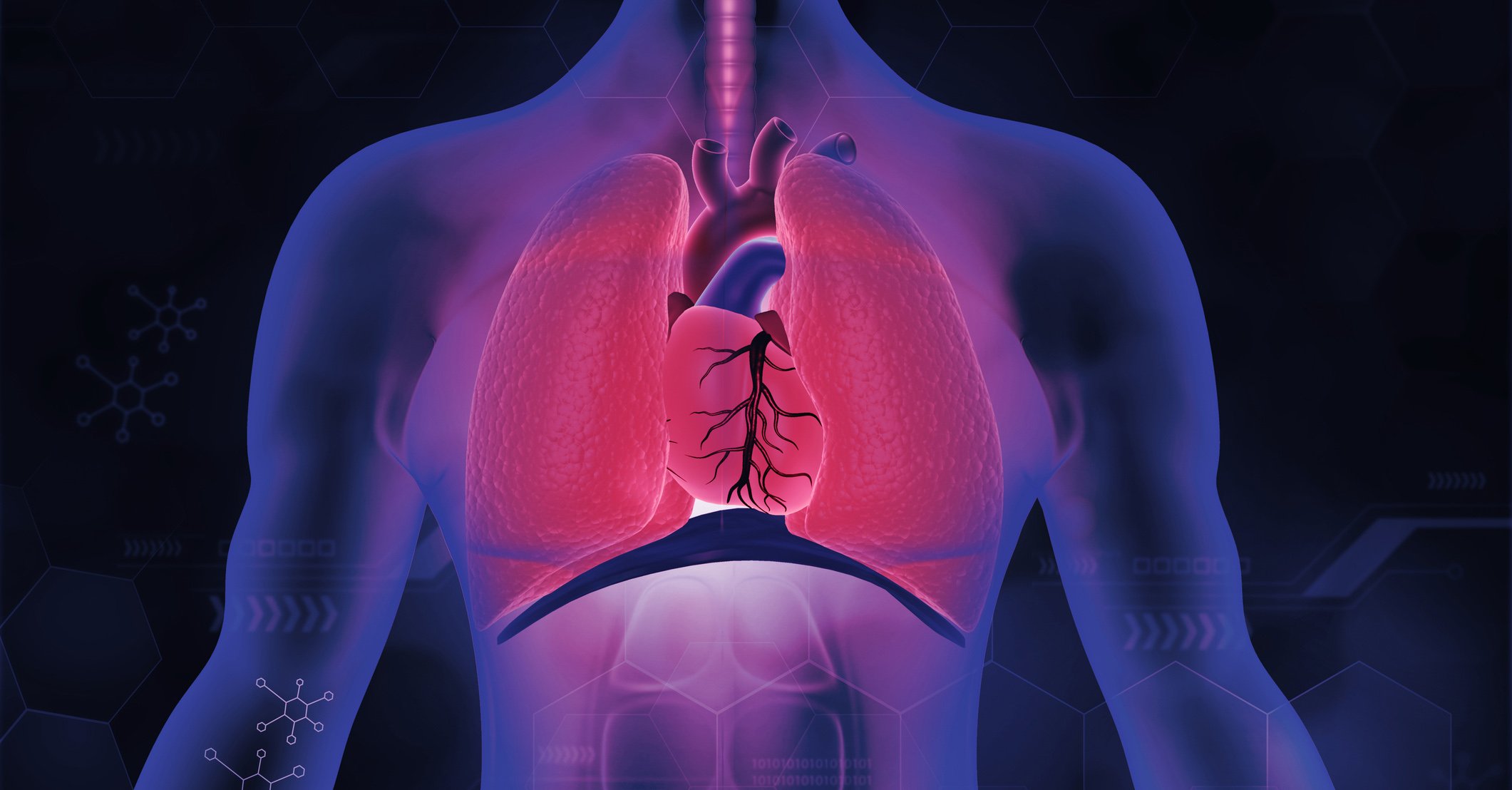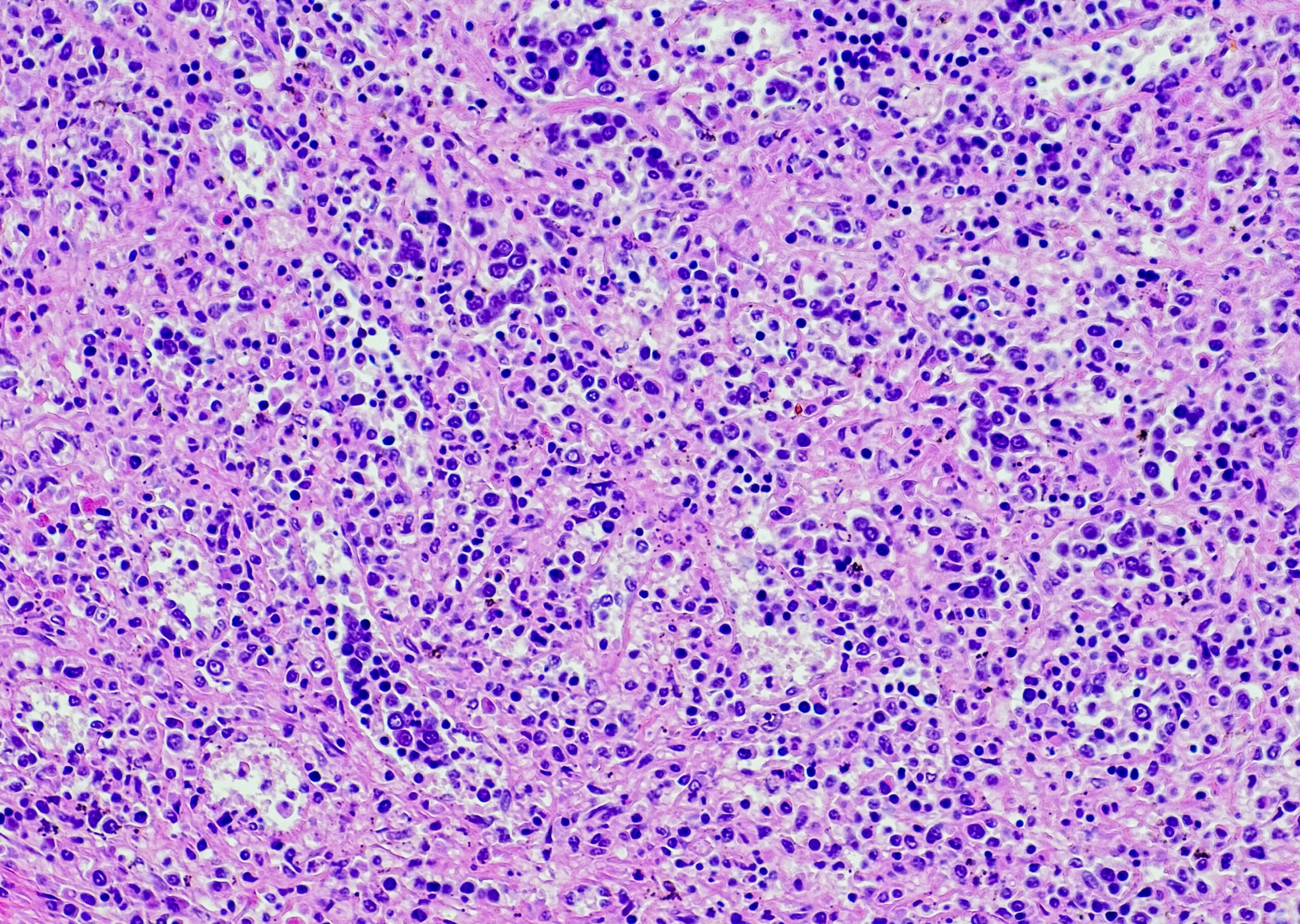Sleep disorders are often associated with pronounced daytime sleepiness, difficulty concentrating and increased feelings of stress. Diagnosis is generally based on the clinical history; if necessary, an actigraphy or polysomnigraphy can also be informative. Cognitive behavioral therapy (CBT-i) is recommended as a first-line treatment for chronic insomnia in both the current European guidelines and the German guideline updated in 2025. Digital tools can support treatment. If medication is used, there are a few things to bear in mind.
Autoren
- Mirjam Peter, M.Sc.
Publikation
- HAUSARZT PRAXIS
Related Topics
You May Also Like
- NSCLC
Bispecific antibodies for rare EGFR mutations
- Type 2 diabetes - glycemic control and prevention of secondary diseases
Utilizing pleiotropic cardio- and nephroprotective effects of SGLT-2-i and GLP-1-RA
- Subsyndromal anxiety disorders: Family doctor as first point of contact
Practical recommendations for diagnostics and therapy
- Patient-centered rounds in medicine
Aligning care with the patient
- Restless legs syndrome in children
Relationship between restless legs syndrome and growing pains
- Between hope and evidence gaps
Tinnitus and phytotherapy
- Case Report
17-year-old patient with acne fulminans
- Oncology











